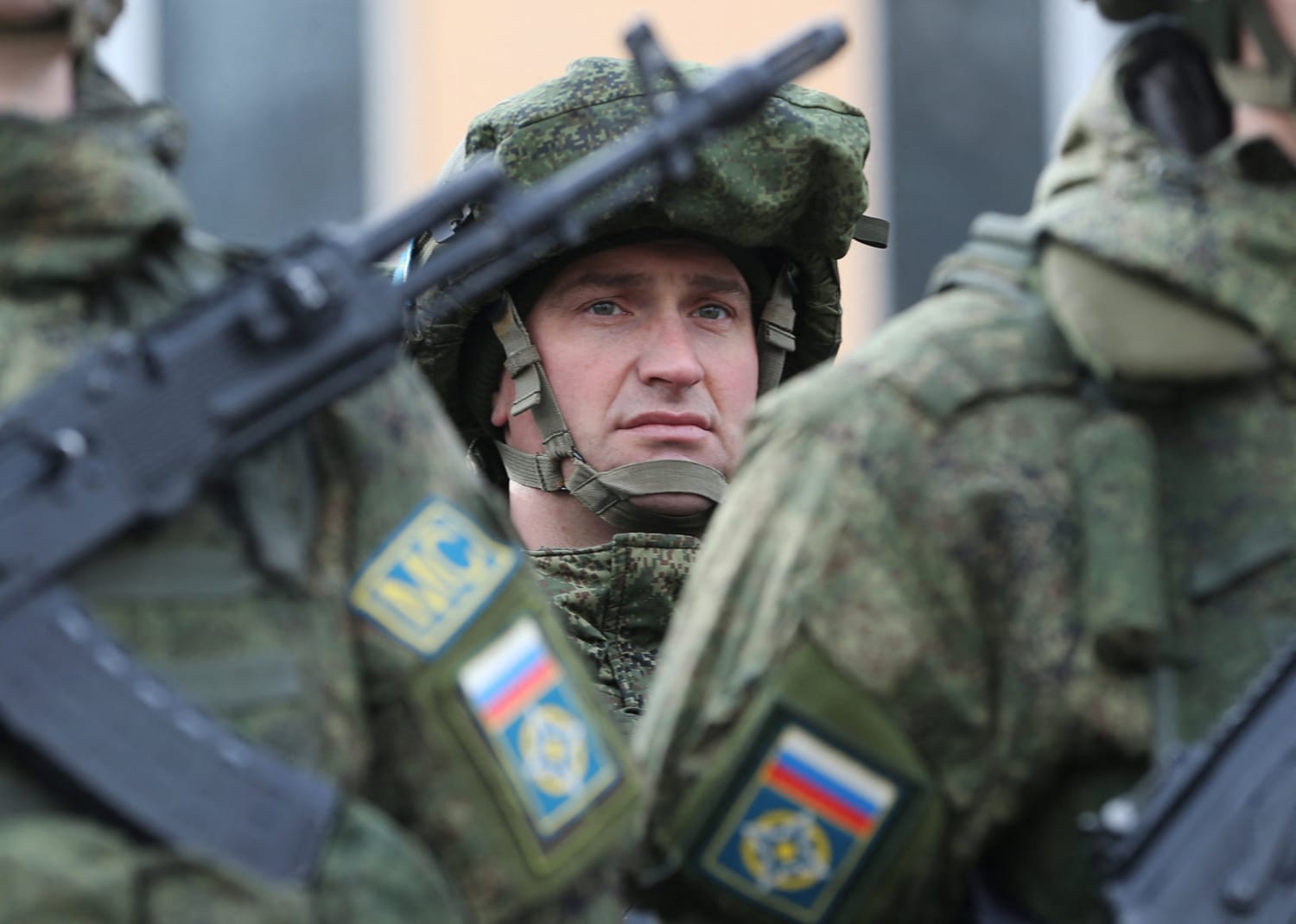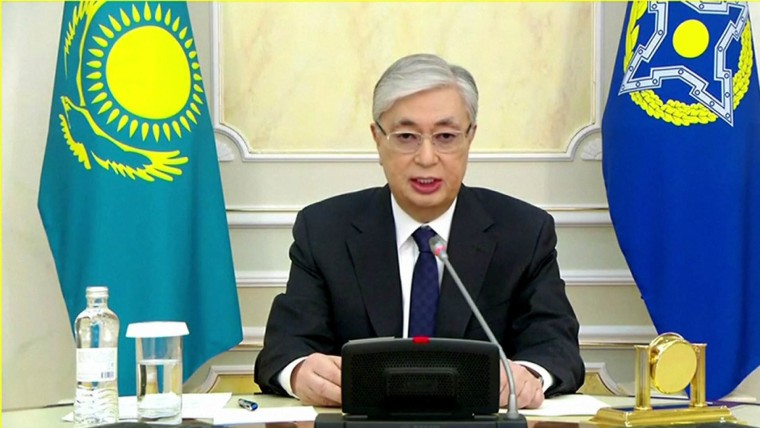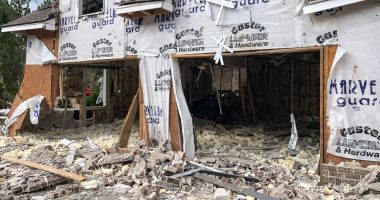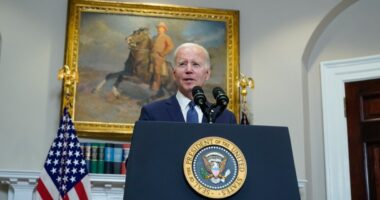Buses, banks, shops, markets, cafés, restaurants, coffee shops and fruit stalls have all opened by now, and only the charred windows and walls of the Almaty City Hall and the broken doors and windows of looted shops and department stores serve as the reminder of the recent violence. There were few people on the streets because of the cold weather and, perhaps, because schools and colleges were closed for the break, while workers were switched to working from home.
“Everything is working as usual, and life is coming back to normal,” a man in his mid-30s, who was waiting on the platform for his relatives, said when asked about the situation in town. Like other people NBC News interviewed in the aftermath of the protests, the man spoke on condition of anonymity or partial anonymity out of fear of government reprisals for talking about a politically sensitive topic.
Of everything, the complete lift of the blackout of all communications, including the internet, on Jan. 11 is the most telling indicator of the country returning to normality. The telecommunications, including nonstate television, were cut off to prevent exchanges of information and to push through the government view of the events.
The return to normality for the general public and businesses masks concerns and uncertainty that the country’s independent journalists and civil society activists face. On Jan. 7, President Kassym-Jomart Kemelevich Tokayev accused “human rights activists” and “free media outlets” of taking part in the events that led to the deadly protests.
The Almaty-based Adil Soz (“Just Word”) foundation for freedom of speech reported Monday that 11 journalists had been detained and four journalists had been arrested for administrative offenses between Jan. 4 and 12.
“I can see that my journalist colleagues are now afraid of writing about the events because they fear they would be summoned for questioning and accused of inciting or provoking violence,” Almaty-based independent journalist Bagdat Asylbek said.
But these tensions are not immediately obvious on the street. Last week, a young woman strolling on the square adjacent to the charred Almaty City Hall with her husband and a toddler son said she and her family were frightened when the violence started on the square in the early hours of Jan. 5, so they didn’t dare to go out for a couple of days.
On Jan. 13, the CSTO troops started pulling out of the city, but they were not seen moving around the city that day or before. Groups of three to four servicemen in heavy military gear patrolling the central streets were locals, as the mandate of some 2,500 troops — mostly from Russia but also from member states Belarus, Kyrgyzstan, Armenia and Tajikistan — was to guard important government buildings and strategic facilities.
Source: | This article originally belongs to Nbcnews.com











